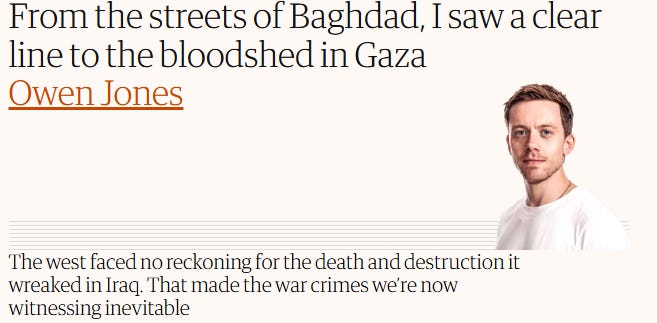Our minds naturally seek patterns. The desire to make sense of the world transcends partisan boundaries, affecting us all. This is especially true of political theorists, who use a particular lens and begin to see the world through it. In doing so, we risk making false connections —links that don’t exist —to verify our worldview.
This is a complex proce…
Keep reading with a 7-day free trial
Subscribe to Theory Matters to keep reading this post and get 7 days of free access to the full post archives.


